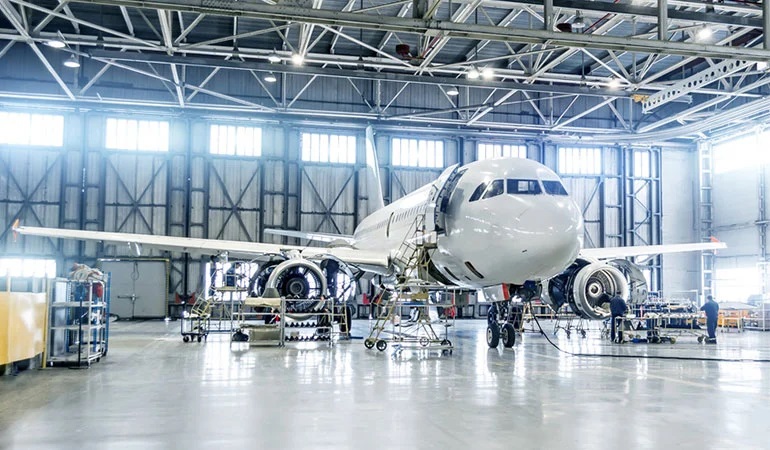Using the loyalty program for other business units

28 December 2020
Each of us knows this feeling of having dreams, mixing up fiction with reality. Such a dream reminded me of an issue I’ve never really understood for more than 20 years: Why don’t airlines use the loyalty currency to support all their internal business units?
Let me anticipate that I don’t consider myself being a consultant between two jobs, just waiting for a permanent job offer. And that’s why I even hesitate calling myself a consultant as this automatically comes with this notion of default choice in absence of any other preferable alternatives. In order to count the real consultants in the travel loyalty space, who do their job out of conviction, on your fingers, you’d probably not need more than one hand.
And nevertheless, I had this dream last night. I was offered to run the MRO (Maintenance, Repair, Overhaul) unit of Alitalia. I was asking all the relevant questions etc. during the interview to understand what the full expectations were etc. (I was a bit puzzled by the huge number of annual C- and D-checks they mentioned – but probably Alitalia’s best days are yet to come!!). When we discussed the financial aspects of the operation etc., I’ve raised the question whether they awarded miles to their third-party customers – an absolutely natural and logical question to me. The blank lack of understanding in the eyes of my interlocutors frightened me so much that I woke up.
Having an engineering background, I certainly don’t join the views that airlines have a commodity product and are to become pure (digital) marketing companies. While this is true in other industries, the airline business remains too complex in terms of operation, technology and regulation as this could happen. While for other businesses, a powerful app or website might be the most valuable asset, even an airline with a single 30-year old plane will have an asset far more valuable than any app or website.
But there is obviously something very powerful airlines have created with their loyalty programs. And many deploy huge partnership departments to spread the loyalty currency to every corner of the country, more and more often resulting in low volume transactions per partner. And at the same time, there are opportunities, which are more obvious, but which are hardly exploited.
Especially larger airline groups continue to offer a range of services beyond the transportation of passengers. MRO services, catering or cargo are the most common ones, but there are also others such as financial or technical services. These are high-volume businesses, where they compete though with true specialists focusing entirely on the respective business segment.
Yes, these are B2B relationships, which are not the actual purpose of Frequent Flyer Programs. But if you keep in mind that there are human beings in the decision process, using FFPs in such constellation makes all of a sudden much more sense. Imagine the small airline without any travel benefits for its staff outside of its own airline in absence of any corresponding interline agreements with other airlines, running an RFP for MRO services. Of the three shortlisted providers, one is airline-backed and throws in 1 million miles, which the potential client may split up among some employees. This becomes an immediate competitive advantage against the independent suppliers without such in-house possibility. The cost is minimal to the airline, compared to the contract volume they are going to win.
Leveraging such opportunities only creates a neutral internal accounting transaction at the group level of the airline, but is likely to help to push overall revenues for the group in a very straight forward manner – pretty much in line with what the programs do on the passenger revenue side. It looks indeed like a low-hanging fruit.
But as my dream has clearly shown, loyalty managers should not wait for the MRO manager to knock on their doors, but rather analyse and pursue such internal opportunities proactively from their side. Especially since I’ve decided not to pick up that opportunity with Alitalia. For some hard-to-explain feeling, I think controlling my own destiny is the safer option these days!







